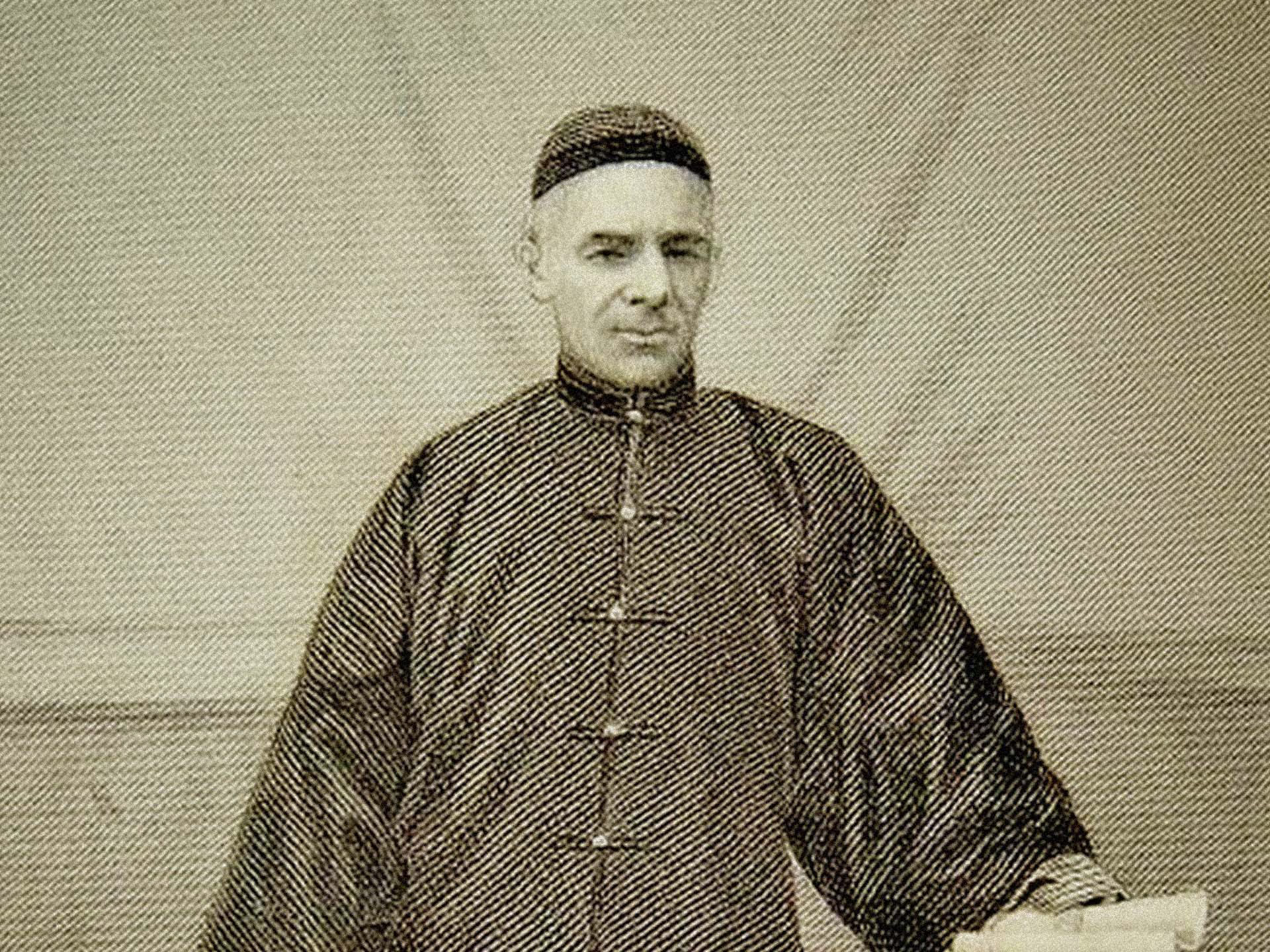Early Life
William Chalmers Burns was born in Scotland in 1815, the son of a minister. Drawn to nature as a child, he was slow to develop an appetite for learning. However, after reading Pilgrim’s Progress, and during his education at Aberdeen, he quickly developed into a scholar.
Converted in 1832, he abandoned his ambitions, first of becoming a farmer, and then of becoming a lawyer, and chose to pursue a path in the ministry.
While studying at Aberdeen and then at Glasgow, Burns showed an early aptitude for languages, quickly acquiring both Greek and Hebrew with excellence. It was at Glasgow as well that Burns first felt a keen desire to see the lost come to Christ, and to consider the calling of a missionary, even joining the University Missionary Association at the time.
Revival Preacher
The mission field would have to wait, however, as he was in great demand as a preacher at home. While serving as an interim pastor for Robert Murray M’Cheyne, Burns’s preaching became widely admired. But it was during a weekend preaching at his father’s church in Kilsyth, that a revival broke out. A devout man of prayer, he became a renowned revivalist preacher, traveling the length of the United Kingdom to share the good news of Christ.
Following the Great Disruption of 1843, Burns joined the Free Church of Scotland. It was then, during voyages to Ireland and Canada, that Burns first encountered resistance to his evangelism. Despite the weariness that took hold of him at the time he pressed on in his ministry.
Mission to China
In 1847, through an association with the Presbyterian Church of England, he became a missionary to China. He used the lengthy sea voyage to invest completely in learning Cantonese, and had learned enough to get by upon arrival. Initially serving along the more easily accessible and civilized coastlands, and as pastor of a Free Church congregation in Hong Kong, he continued to acquire fluency in the language. He visited prisoners and moved into a home with a Chinese family to make himself as familiar with the culture as possible.
In 1849, he resolved to travel into inland China. Here he met with resistance as he had earlier in his ministry, but once again he pressed on. He to Xiamen and learned yet another dialect to preach and teach there. It was during his travels from Xiamen to the surrounding countryside that Burns saw the greatest fruit of his missionary endeavor. Villages welcomed his preaching and converts destroyed their idols.
In 1855, Burns returned to China after a brief furlough in Scotland. Now based in Shanghai, he developed a close friendship with Hudson Taylor who had only recently arrived in China. During this second period in China, he traveled widely, developing a reputation as a devout and godly man who dearly loved the people he ministered to.
In his later years, Burns continued to preach whenever possible, but increasingly devoting his time to the translation of psalms and hymns for the use of the indigenous church.
He died and was buried in China in 1868.
Legacy
Burns’s ministry was perhaps best summed up by his friend and colleague, Hudson Taylor: “He is one of those holy men one seldom meets with, who do possess a single eye to God’s glory… The secret is easily learned and told — he is a man of prayer — added to which he possesses an iron frame, and a strong will, which would not be easily moved from its purpose…”
As a preacher, Burns was known for his deep love for God. In his sermons he emphasized His mercy to sinners, betraying his own passion for seeing the lost come to Christ through the power of the Holy Spirit. As a missionary, Burns earnestly embraced evangelism. He moved frequently, planting to let others sow, and encouraging the organization of indigenously led churches. Often robbed and suffering illness, Burns endured much to bring Christ to the Chinese, influencing generations of believers through his ministry and translations, perhaps especially of the book which had left such an imprint on his own life, Pilgrim’s Progress.
The secret is easily learned and told — he is a man of prayer.
Additional Resources
- Watch Ian Hamilton speak about The Life and Legacy of William Chalmers Burns
- Read The Complete Works of William Chalmers Burns
